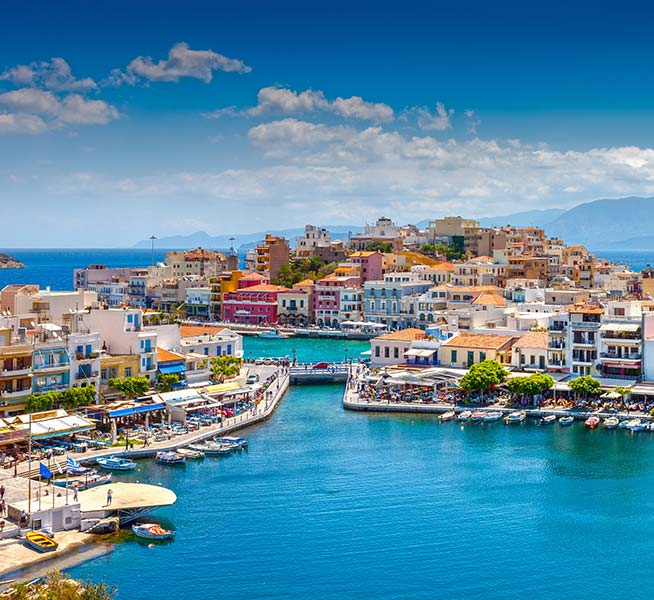Crete
Apostle Paul visited Crete after his first Roman imprisonment, leaving Titus behind to establish churches and address false teachings. Paul later wrote to Titus, offering him guidance on leading the Cretan church. Cretans were also present at Pentecost, emphasizing the early church’s mission to spread Christianity. Key biblical lessons from Crete include the importance of sound leadership and godly teaching, the transformative power of the gospel, the call to live with holiness and integrity, and the sufficiency of God’s grace in bringing about renewal.
Crete also holds great historical significance as the birthplace of Europe’s first advanced civilization, the Minoans, who thrived from 2700 to 1420 BC. Over the centuries, the island has been ruled by various powers, including the Romans, Byzantines, and Ottomans, before gaining independence in 1898 and officially joining Greece in 1913. Crete is celebrated for its rich cultural heritage, especially in poetry, music, and artisan craftsmanship. The island’s lively festivals, particularly in summer, honor agricultural traditions, while Easter celebrations are marked by traditional music and dance. Additionally, the Cretan daggers, symbols of honor and loyalty, are an iconic part of its culture. As Greece’s largest island, Crete plays a crucial role in both the nation’s economy and cultural identity.



